The style world isn't any stranger to controversy, and this year has been no exception.
From allegations of cultural appropriation to tactless sartorial gaffes, we remember the brands and celebrities who made waves with selections that many perceived as insensitive, out of touch and noninclusive.
In February the British emblem caused a main stir at London Fashion Week for showcasing a hoodie with strings corresponding to a noose.
Liz Kennedy, the model who wore the look down the runway, criticized the layout with a post directed at the logo and its chief innovative officer, Riccardo Tisci. "Suicide is not fashion," she wrote on Instagram.
Burberry pulled the hoodie and Tisci apologized: " I am so deeply sorry for the misery that has been caused due to one of the portions in my show," he said in a statement.
"While the layout became inspired by means of a nautical theme, I realise that it become insensitive. It become by no means my aim to dissatisfied anyone."
The Italian brand got here beneath fire for a sequence of questionable looks starting in February, whilst it launched a balaclava-fashion sweater that critics said resembled blackface.
Featuring a roll-up collar with a wide pink lip outline, the garment, priced at $890, provoked a torrent of criticism. "I am a black man before I am a emblem ... There is not any excuse nor apology which can erase this kind of insult," Gucci collaborator Dapper Dan posted to Twitter.
The sweater turned into pulled, and in an distinctive interview with style guide WWD, Gucci chief govt Marco Bizzarri stated, "This is due to the ignorance of this matter. Certainly, it became now not intentional, however this isn't always an excuse."
Bizzarri went on to satisfy Dapper Dan and African American network leaders in Harlem, New York, and declared the label would inspire range hires and launch a diversity and inclusivity attention program.
But the logo made two other arguable moves this year. One become promoting a head wrap they dubbed the "Indy Full Turban" on luxurious e-tailer Nordstrom for $790, which noticed the Sikh Coalition tweet its disappointment this spring. The other become sending a slew of straitjackets down the runway at Milan Fashion Week in September, again sparking criticism.
Model Ayesha Tan Jones, who identifies as non-binary, held up their fingers while walking the show to show the words "Mental Health Is Not Fashion" inked across their palms.
Another misstep came in February courtesy of Katy Perry Collections, the style line launched by using the pop megastar back in 2017, which changed into accused of the usage of blackface designs for 2 of its shoes styles. The models in question, the Ora Face Block Heel Sandals and Rue Face Slip-On Loafers, prominently featured a face that became likened to the racist "Sambo" slave caricature. After complaints from the public they have been eliminated from stores and on-line.
In a joint statement, Perry and Global Brands Group, the apparel agency backing her venture, said the shoes have been "estimated as a nod to trendy art and surrealism."
"I was saddened whilst it turned in to added to my interest that it was being as compared to painful pictures reminiscent of blackface," Perry added. "Our purpose become in no way to inflict any pain."
For its May "I Speak My Truth in #My Calvins" campaign video, model Bella Hadid turned into pictured making out with CGI influencer Lil Miquela. "Life is about establishing doors," Hadid narrates in the video, before she and the avatar fall into a lengthy kiss.
The message didn't land, with critics accusing the logo of using lesbian sexual imagery to sell clothing, describing it as "queer baiting" when you consider that Hadid does no longer discover as gay.
Calvin Klein quick issued an apology on Twitter, explaining that the idea of the marketing campaign become to "sell freedom of expression for a wide variety of identities."
"As a business enterprise with a longstanding subculture of advocating for LGTBQ+ rights," the statement said, "it became definitely now not our goal to misrepresent the LGTBQ+ community."
Kim Kardashian West determined herself at the middle of a cultural appropriation controversy earlier this yr. In June, the celebrity announced the release of underwear line "Kimono."
On social media, she known as Kimono her "tackle shape wear and answers for ladies that actually work."
The backlash become swift. Critics perceived the use of "kimono" as an insult to Japan's country wide get dressed. Two days after the announcement, the hashtag #KimOhNo was trending on Twitter.
Kyoto mayor Daisaku Kadokawa wrote to Kardashian West asking her to drop the name. "Kimono is a conventional ethnic dress fostered in our rich nature and records with our predecessors' tireless endeavors and studies, and it's far a way of life that has been cherished and passed down with care," he wrote.
At first the big name defended her choice, pronouncing it was a "nod to the beauty and detail" of the traditional Japanese garment. But eventually she relented, posting on Instagram in August to mention she'd renamed the logo Skims Solution wear, which launched in September.
In August, Dior teased a brand new ad on social media for its perfume line, starring Johnny Depp in a red rock desolate tract in Southwestern Utah, wherein he performs a riff via Shawnee guitarist Link Wray. It also featured performer Canku One Star, a member of the Rosebud Sioux Tribe, dancing in conventional Native American clothing, and Canadian actor of First Nations descent Tanaya Beatty. As night time falls on this scene, the word "Sauvage" appears.
Critics accused the style residence of reinforcing stereotypes through the usage of Native American imagery and pairing it with the word "savage," which many interpreted as a racial insult.
Dior, who said it had labored with Native American experts and the advocacy group Americans for Indian Opportunity, withdrew the clip and canceled the video advert release. The follow-up statement said, "We are deeply sorry for any offense resulting from this new advertising campaign, which become intended to be a party of the splendor, dignity and grace of the modern Native American lifestyle."
Vans landed in hot water in Hong Kong in October, whilst it eliminated a sneaker whose layout alluded to the city's anti-government protests. The proposed design turned into one of the submissions to the street wear emblem's annual Custom Culture competition, which sees hopefuls post their ideas to a public on-line vote, with the winner receiving $25,000 and getting their design into production.
The submission, via Canada-primarily based artist Naomiso, depicted a crimson bauhinia flower, Hong Kong's emblem, and protesters wearing gas masks, goggles and tough hats. It rose to the top of the poll but become suddenly taken down by using the brand.
Supporters of the Hong Kong pro-democracy movement saw this as Vans kowtowing to mainland Chinese consumers. "This is a large move in opposition to the liberty of speech of all Hong Kong freedom fighters," said one critic on Twitter.
In a statement posted on its Facebook page after it removed the layout, Vans said: "We have in no way taken a political function and there fore evaluation designs to ensure they'rein keeping with our employer's long-held values of admire and tolerance, as well as with our without a doubt communicated tips for this competition."
The apology fell quick for sneaker heads inside the SAR. The hashtag #BoycottVans gained traction on-line, and a few dumped their footwear in trash bins.
In August, Versace, Givenchy and Coach were accused of disrespecting Chinese sovereignty with the aid of liberating T-shirts that listed Hong Kong as a separate u . S . A . to mainland China.
On a listing of nations and their capital cities, the Coach and Givenchy shirts additionally supplied Taipei as "Taipei, Taiwan."
China considers Taiwan to be a renegade province and Hong Kong is governed underneath a coverage of "one us of a, two systems."
The misstep led to calls for a boycott and Chinese models and movie star logo ambassadors introduced they were severing their professional ties with the labels.
All 3 agencies issued apologies on Chinese social media. Donatella Versace even published a further apology to her private Instagram: "Never have I wanted to disrespect China's national sovereignty and that is why I desired to personally apologize for such inaccuracy and for any misery that it might have caused."
High street large H&M become one of the modern to bumble into tone-deaf marketing in November, while it introduced a brand new collaboration with Italian clothier Giambattista Valli beneath the slogan "I love GBV."
While the three letters are an abbreviation of the clothier's name, outside style circles they may be typically used because the initialism for "gender-based totally violence."
Emblazoned on hats, T-shirts, necklaces and even boxer shorts covered in red smiling lips, the tagline angered women's rights activists, who demanded the goods be withdrawn.
"This isn't an obscure term," said Heather Barr, the ladies's rights division co-director at global advocacy institution Human Rights Watch. "By coming up with this line inside the first location it demonstrates the lack of know-how about women's rights."
H&M tried to make clear its stance in a tweet.
"We condemn any sort of violence, and as a price driven company, we believe in an inclusive and identical society."
The line, which include the GBV-imprinted products, went on sale as planned.
Bstroy, a growing street wear label from Atlanta, Georgia, sparked outrage in the course of New York Fashion Week in September for sending 4 models down the runway in hoodies reading "Stone man Douglas," "Sandy Hook," "Virginia Tech" and "Columbine" -- the names of colleges and collegesin whicha number of the deadliest mass shootings in the US have occurred.
The garments, designed with the aid of Brick Owens and Duey Catorze, featured tears that resembled bullet holes. Social media customers spoke out towards the designs, which many defined as "disgusting" and "tasteless."
Some commentators diagnosed themselves as survivors or friends and family of victims. "My useless classmates dying should not be a f***ing fashion statement," one person wrote below a image of the Stone man Douglas hoodie.
Owens later used his non-public Instagram to percentage a handout from the fashion show, which read, "Sometimes life can be painfully ironic. Like the irony of demise violently in a place you taken into consideration to be a safe, managed environment, like school."
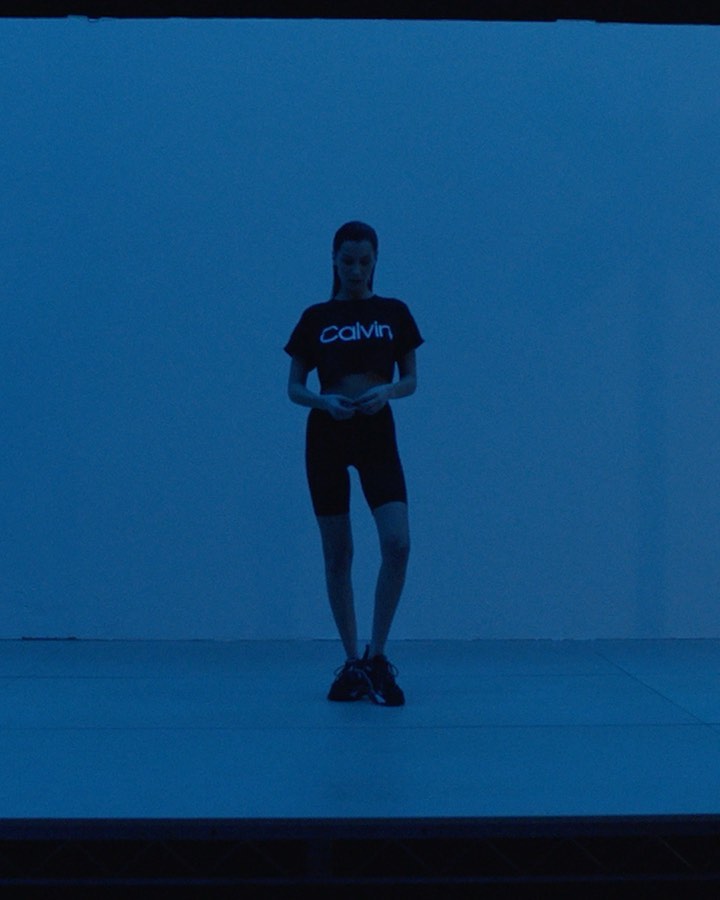
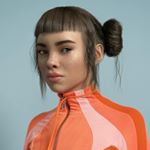
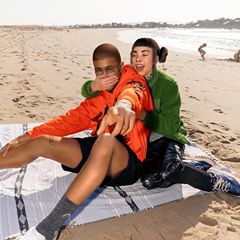
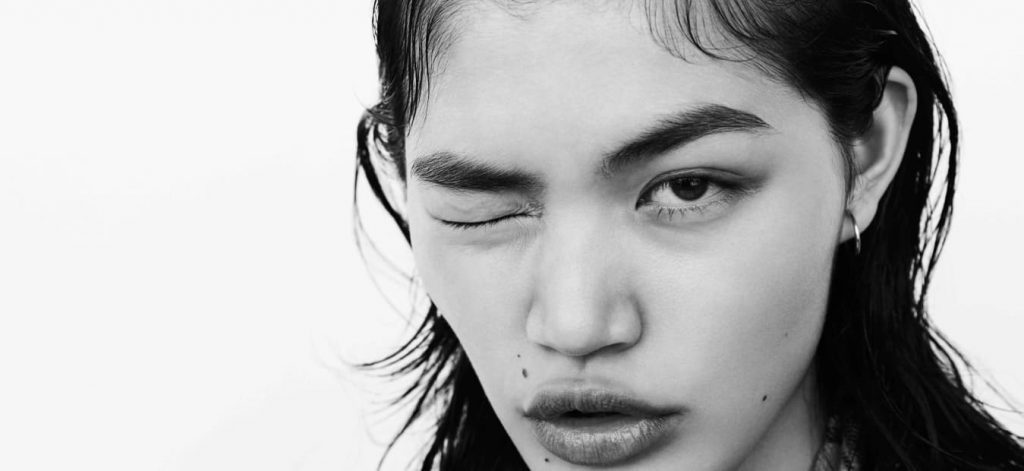
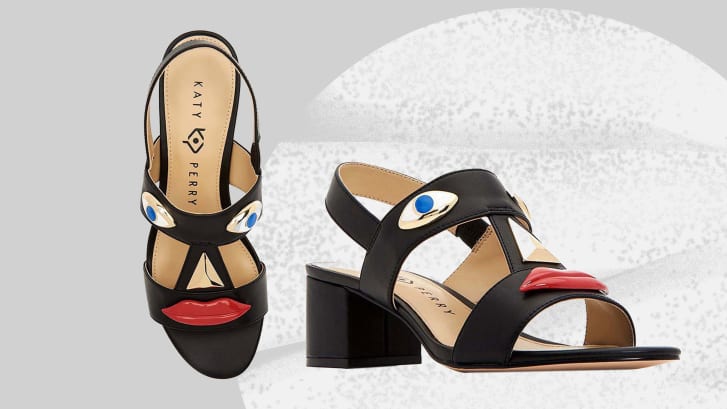
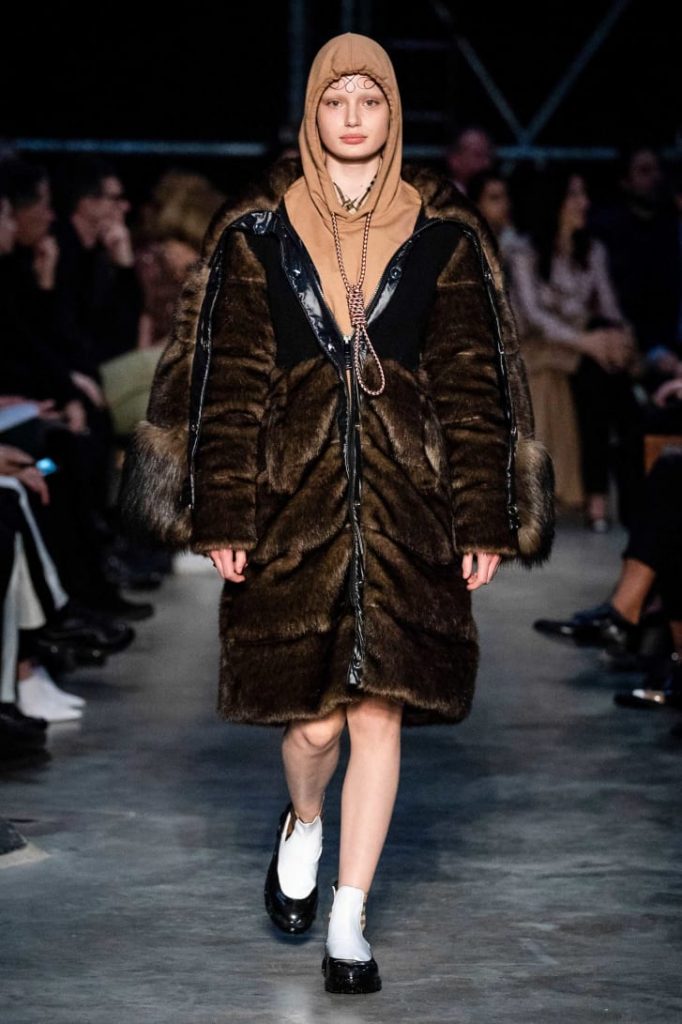
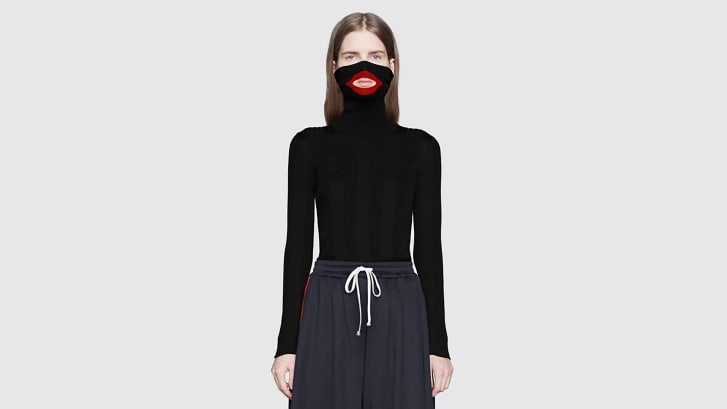
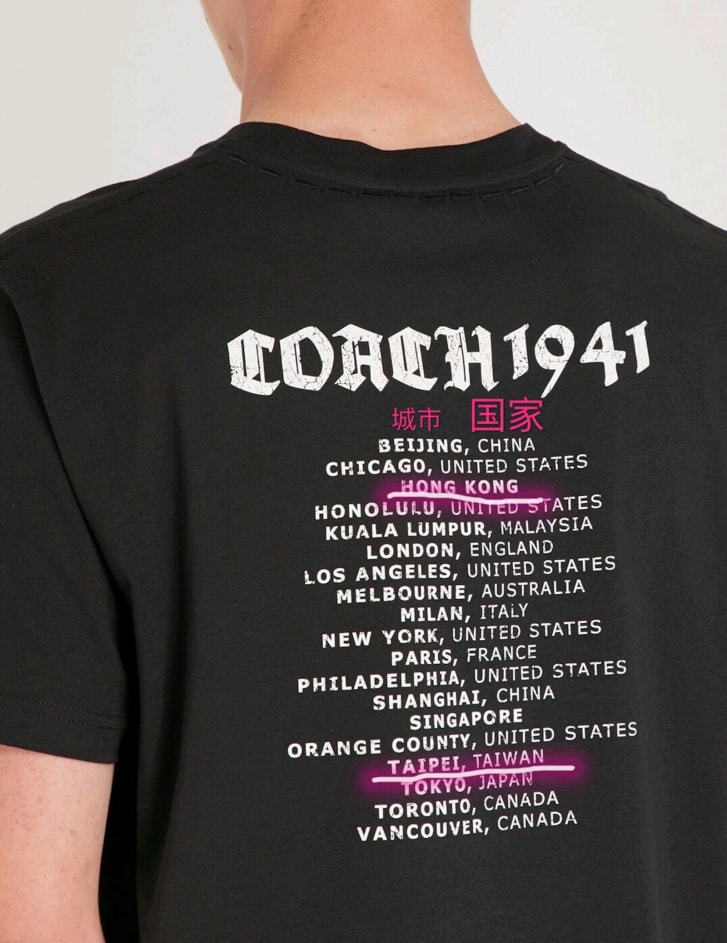
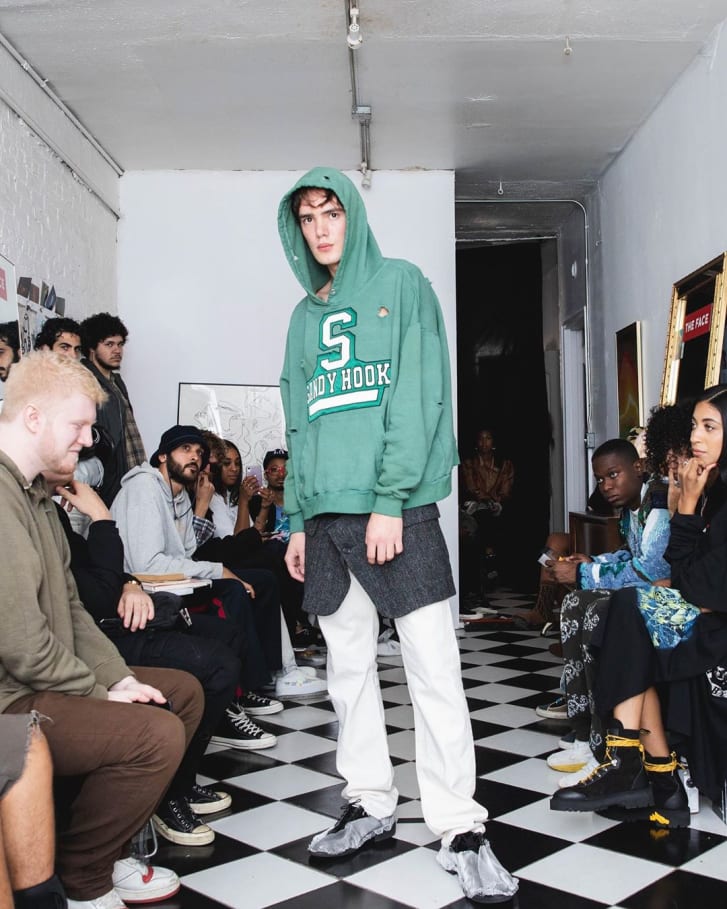
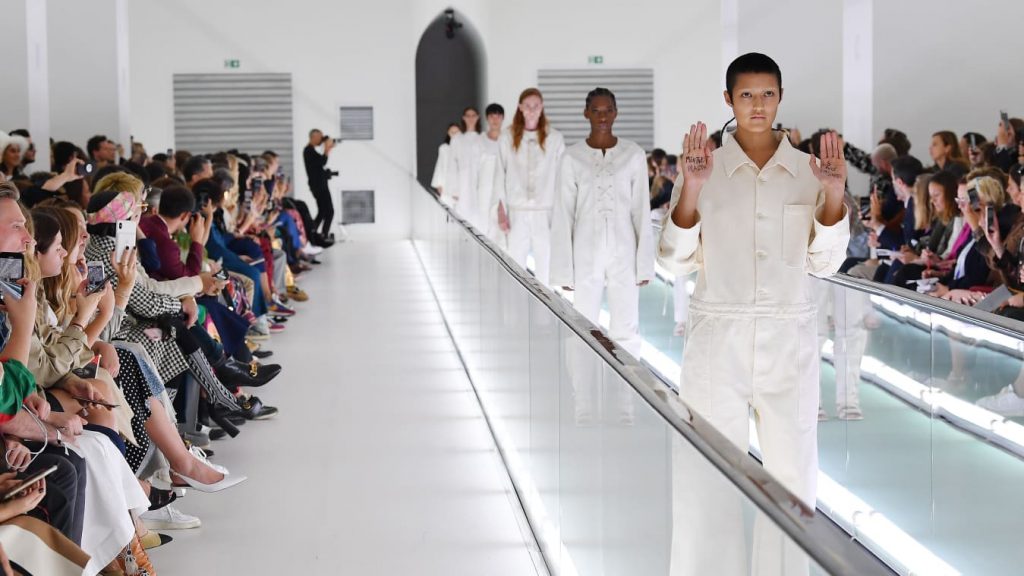

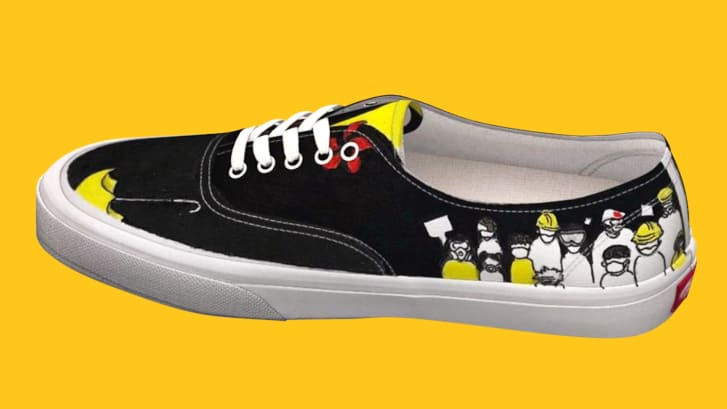
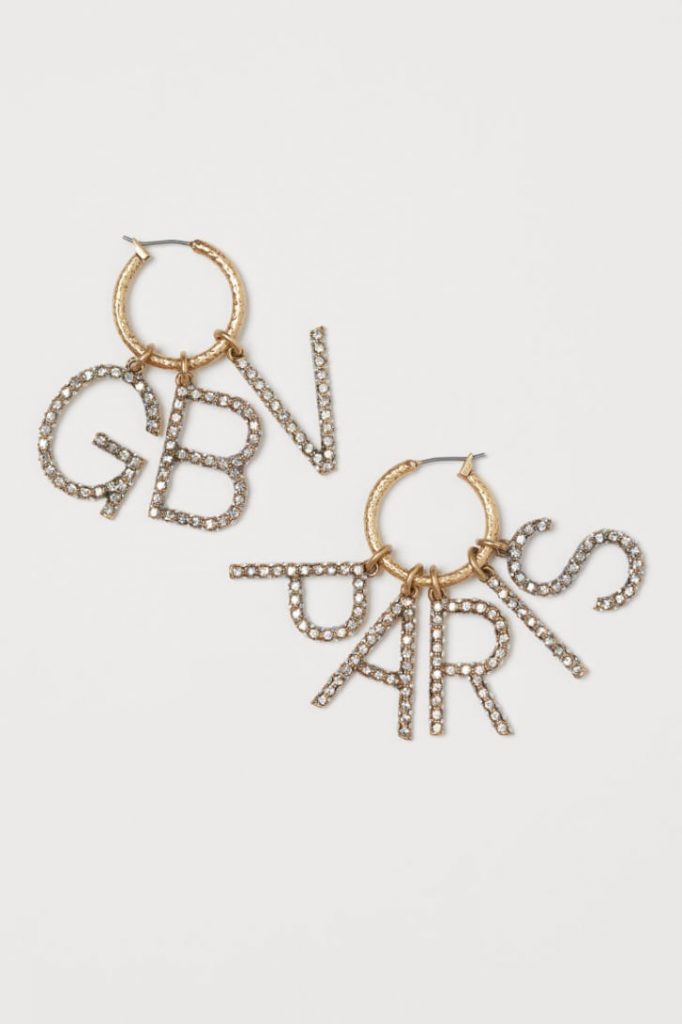
No comments:
Post a Comment